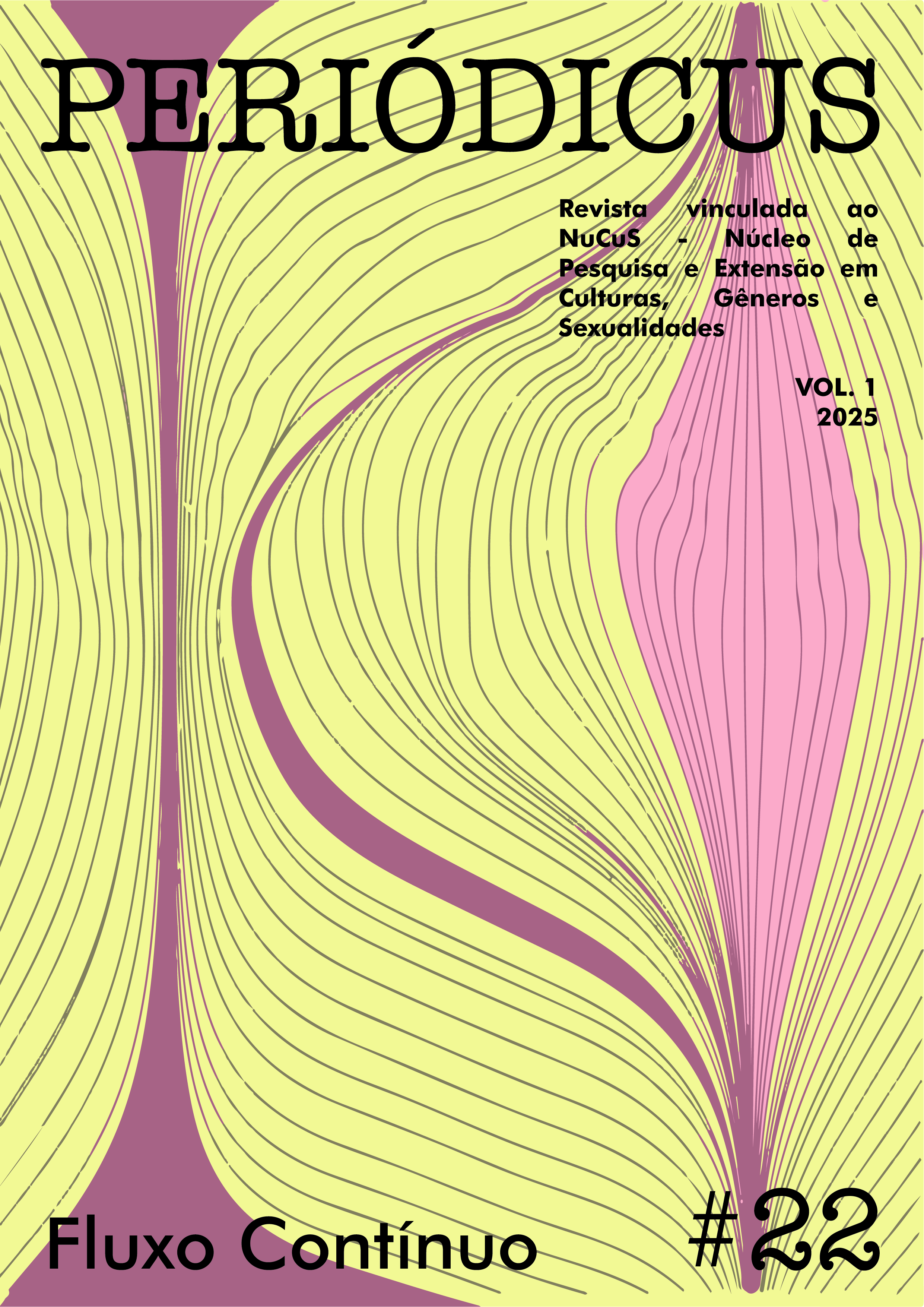Pornography and the forbidden fruit
the truth regimes in scientific articles
DOI:
https://doi.org/10.9771/peri.v1i22.55018Abstract
Faced with the dichotomous role played by pornography in the popular imagination, which transits between immorality and sexual freedom, it was necessary to investigate how current scientific articles use these regimes of truth in the perpetuation of pornography stigmas, as well as to investigate their relationship with cisheteronormativity . The LGBTQIA+ community, the target of the investigations carried out by the 8 articles analyzed, is constantly placed in a position of immorality, which contributes to its abjection in the scientific field. This article intends to focus on the tangle of biopolitical discourses, based on the guidelines of Michel Foucault's discourse analysis. It was concluded that pornography is constantly associated with immorality, illness and criminality. There are numerous attempts to relate pornography consumption with the LGBTQIA+ community through pejorative terms, cisheterocentric arguments, rooted stigmas and discussions that lack theoretical and social depth, which contributes to the perpetuation of the cycle of exclusion of bodies and abject pleasures.
Downloads
Downloads
Published
How to Cite
Issue
Section
License
Copyright (c) 2025 Yasmin Xavier dos Reis, Juliana Peruchi

This work is licensed under a Creative Commons Attribution-NonCommercial 4.0 International License.
Authors who publish in this journal agree to the following terms:
Authors retain copyright and grant the journal the right of first publication, with the work simultaneously licensed under a Creative Commons Attribution Noncommercial License that allows the work to be shared with acknowledgment of authorship and initial publication in this journal, but prohibits commercial use.
Authors are authorized to enter into separate additional contracts for non-exclusive distribution of the version of the work published in this journal (e.g., publishing in an institutional repository or as a book chapter), with acknowledgment of authorship and initial publication in this journal.
Authors are permitted and encouraged to publish and distribute their work online (e.g., in institutional repositories or on their personal website) at any point before or during the editorial process, as this can generate productive changes and increase the impact and citation of the published work (see The Effect of Open Access).








